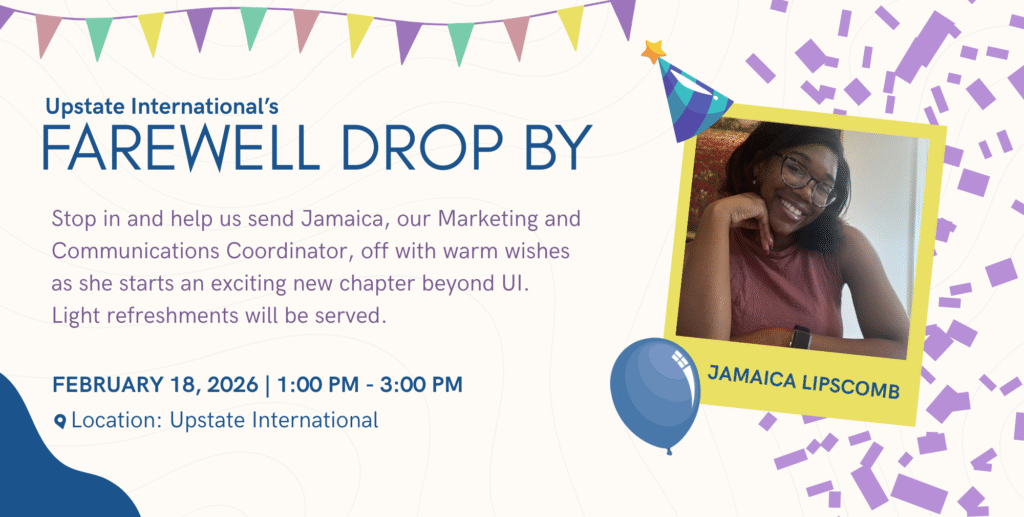
After weeks of traveling through Europe, I was trudging through the streets of Athens in the pouring rain, trying to find a bus to connect me to another bus that would eventually get me and my cohorts to a museum a few cities over. It was mid morning on our first day in Greece and, not only were we unprepared for the weather, we never anticipated just how complicated it would be to follow the bus map. Yes, it was in Greek, but geography is geography, right? Well, maybe in some places, in some scenarios, but not here. Not in the rain, not in our sopping Chacos and dripping rain coats, not with street signs written in an alphabet we only know from college social clubs. No. Here, our soggy map did nothing but make us wish we did not have to depend on it. So, we resorted to plan B: Ask a local. Surely three, young, obviously American, women soaked to the bone would be able to find some compassion and simple directions to the correct bus station on a Saturday morning? False. We tried flagging down passersby, smiling warmly. No one cared that we were lost, they had places to be. No one cared that we were drenched, so were they. Either no one spoke any English or they were all pretending. One person even acted as though they didn’t know what a map was. Like we were holding up some obscure foreign object that made him instantly suspicious. If only we could read or speak Greek, that would have made it so much easier! However, it would not, have allowed us to understand why we were not greeted with that southern American hospitality with which WE would have undoubtedly welcomed a weary traveler. We were Americans expecting to be treated like we would in America. The whole time we were thinking… what is wrong with people. But in reality what was wrong with us?
Language learning opens many doors. It begins the severing of cords that divide us all like the grid of a checker board. But as I learned on the sopping streets of Greece, and many before me have learned all across the world, language alone does not make culture. I speak English, but as it is, I know very little about the English culture, or the Australian culture, and they also all speak English. They dress differently, they eat different things. People in Canada put butter on their sandwiches for goodness sake! They do NOT share my culture – nor my love for spicy mayonnaise and mustard on a turkey sandwich. Is there something wrong with them? (well the verdict is still out on the butter as a condiment situation) but in truth: No. There is nothing wrong with them. Just like there was nothing wrong with the Greek man who pretended never to have seen a map.
If we were Greek, we would have known that waving at people to get their attention from a distance is incredibly insulting. A palm out, fingers extended hand gesture is as good as an insult to a Grecian. If we were Greek, we would also know that trust is a huge basis for communication and relationships, and helping complete strangers is not thought of as wise or kind.
Communication is a funny thing. Verbal, non verbal, technological- We’re constantly involved. We are constantly participating in it, consumed by it, even. Everyone assumes that their communication is successful. That the idea, the attitude, the meaning we are trying to convey, is accomplished and that any adverse reaction by the other party is because of a flaw in their character; an over-reaction to our appropriateness. I cant think of a relationship that has not been marked with a miscommunication. Family, Romances, Friendships, Acquaintances- A smile or a laugh is somehow taken as a scoff or a smirk. Differences in perception of tone are rarely at the fore fronts of our minds. The idea that the fault could be our own is not our first instinct because, after all, we understand what we want to say perfectly.
It follows suit that we would approach intercultural communication with the same blinders and innocent-ignorance: Assuming our intention and our delivery appropriately covey our meaning and ideas.
Each of us are a combination of our own world views, our own beliefs, our own experiences and expectations, our own pre-conceived notions about the outcome before anything even begins. Those pieces of us comprise our culture. A culture that effects every project, idea, and person we encounter. How can we expect our personal culture that has developed over our lifetime, to match perfectly and effortlessly with that of another individual from a different country, with different histories, traditions, experiences and perspectives? in truth: We cannot.
How then, can we ever possibly manage to create a dynamic that isn’t defined by rash judgments and miscommunications? How can we expect to ever accomplish anything in full when working outside of our cultural circle?
I believe the answer begins by looking at ourselves. We must understand that the person within us, our ideas and beliefs, are not simply the best and most logical, emotionally sound, or correct perspectives and conclusions, but are, in-fact, a compilation of where we have come from, who we have come into contact with, the influences by which we have been surrounded and the outcomes we have come to expect, and countless other factors.
This is not an easy task. Is it possible to ever become so self-aware than we comprehend the countless factors behind each decision we make or thought we have? Probably not. The goal cannot be complete understanding of our own culture and its origins before ever beginning to interact with others. That would result in complete alienation from one another and, frankly, a lot of over-thinking. The goal must be to re-form our idea of culture. Create a worldview where culture is seen, not as a way to identify and classify our differences, but as a means and opportunity for understanding and learning from one another.
Introspection and the process of becoming self-aware can be daunting. Especially when the idea of personal culture is a new one. An equally important first step may be to turn to someone who has studied this idea and has begun the process of tackling this endlessly growing idea of culture as a way to understand one another. Businesses across the globe have grown to understand the importance of cross cultural training. It isn’t only large, internationally based cities who are searching for ways to bridge the gap. Companies looking to expand their reach, employees operating remotely, even short term international business trips, should all be making efforts to shape their outlook around this idea that global fluency could be the difference between success and failure. It is a relief to know that our own insights and observations are not the sole source for making this much-needed shift in world-view.
When we choose to interact with people and nations different from our own, when we choose to step foot into another culture and all of its complexities, we cannot do so wearing only the coat of our own culture. It is not solely the job of others to understand us and prepare for every sort of person who walks through their doors. The responsibility is also ours- it is a partnership, really. Each person being responsible for themselves: A molding of the minds on a worldwide scale. Once we realize the importance of this idea, we must learn to keep our own expectations in check. We must be aware of what cultural habits and expectations we are bringing with us into a conversation and learn to see them as that- our cultural habits and expectations. We must be aware that they are hearing and seeing us through the eyes of their culture – and we must actively NOT fault them for that. They are not wrong. We are not wrong. We simply are made from different worlds. Learning to see the beauty in that, and the opportunities it presents for us to grow as individuals and become something we could not become on our own – That must be the goal.


